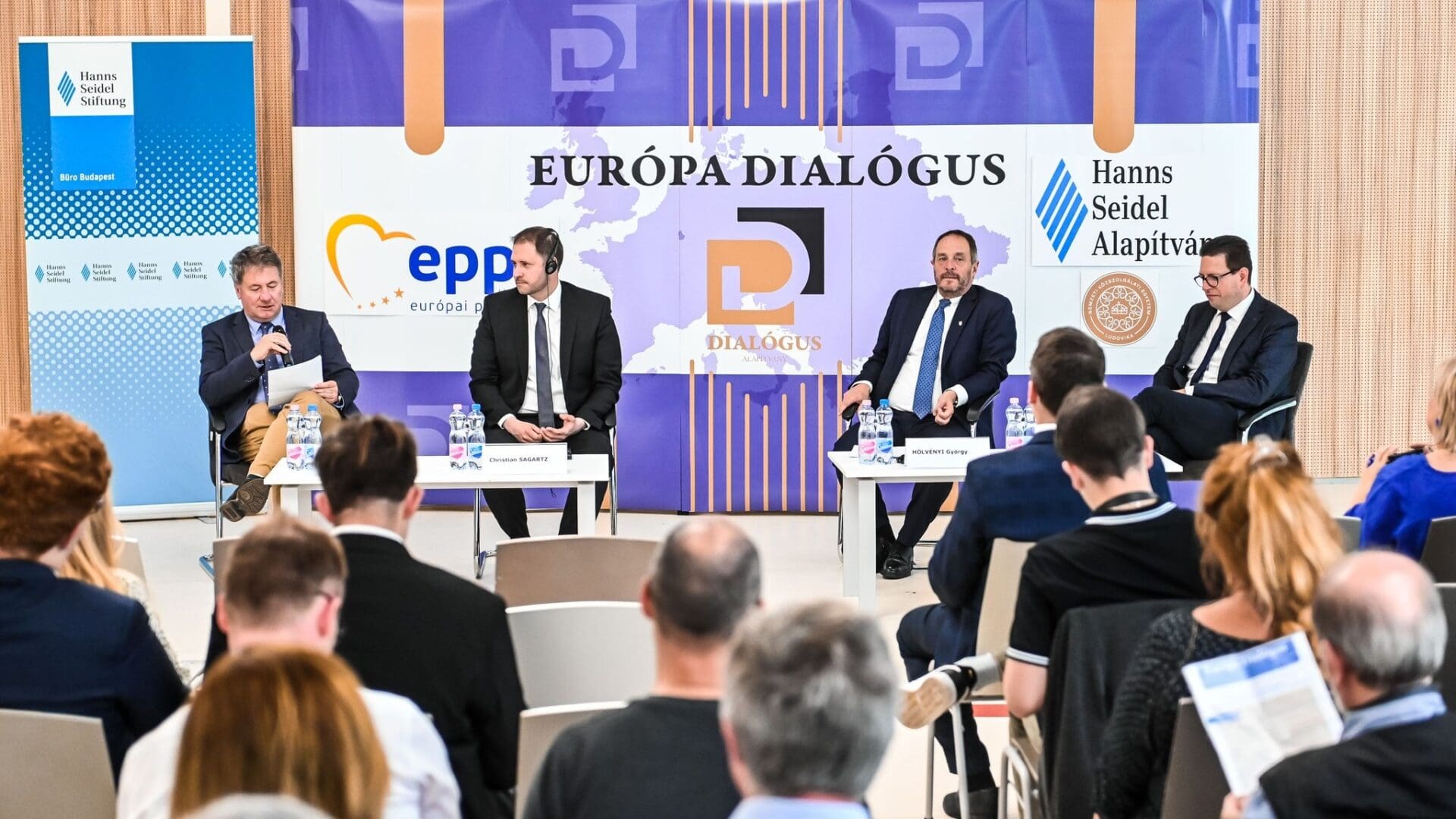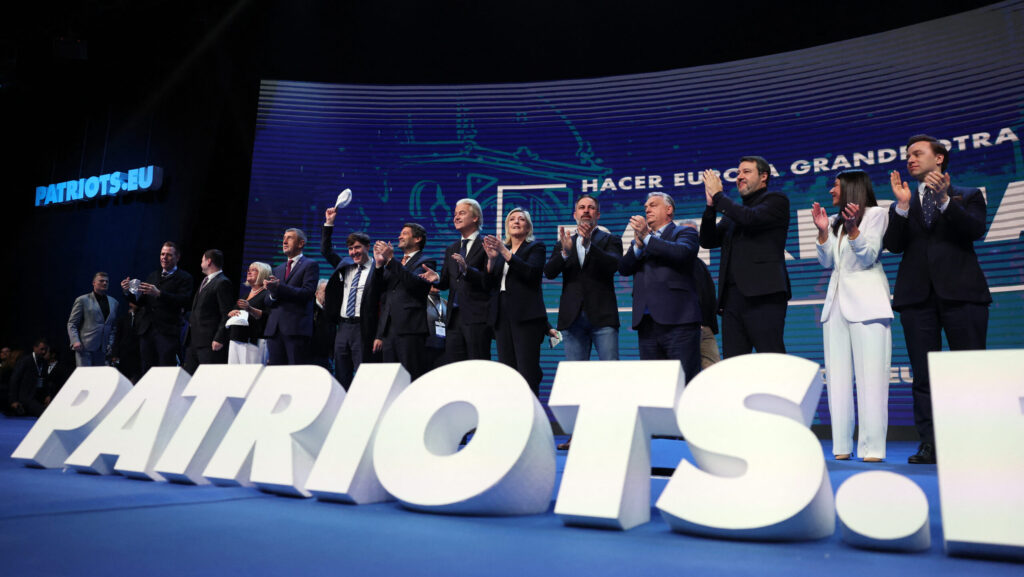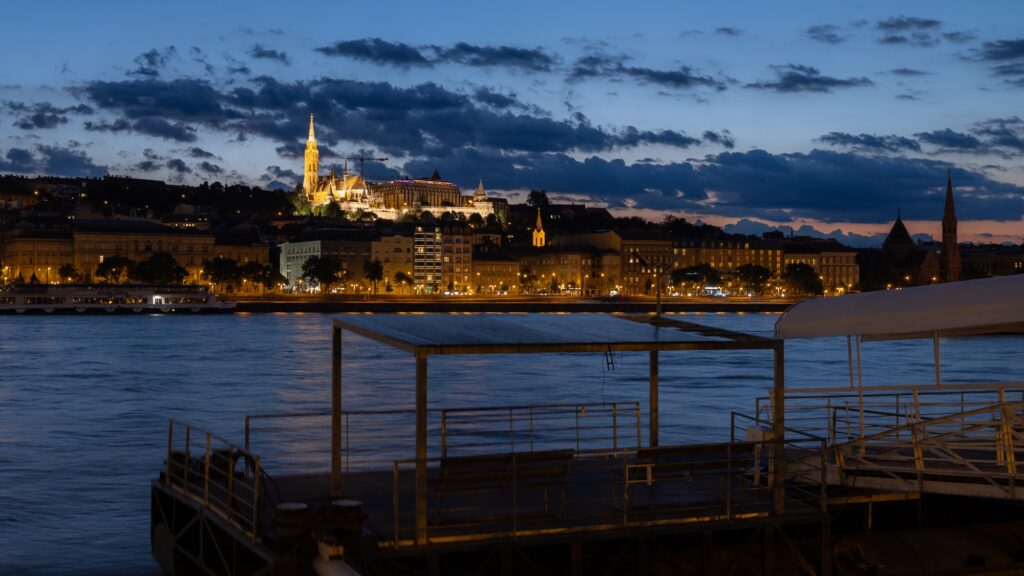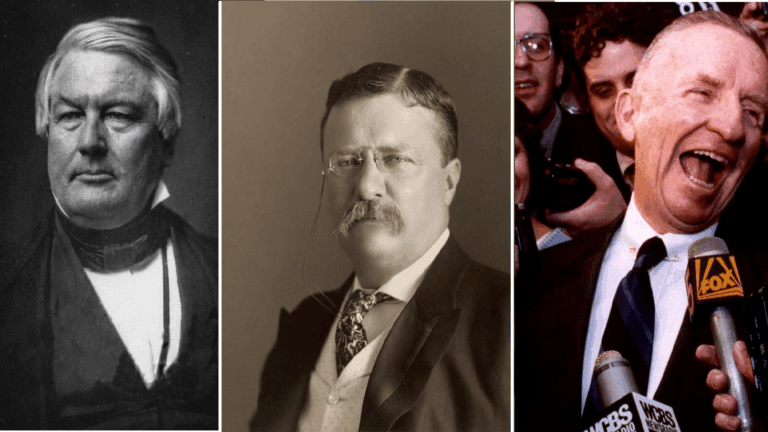The Schengen Agreement is an economic and political opportunity that can be ‘messed up,’ so it needs to be handled with great care, warned György Hölvényi, Member of the European Parliament (MEP) for the European People’s Party-KDNP, on Thursday, 25 May in Budapest. The Christian Democrat politician, speaking at a roundtable discussion titled ‘Schengen Expansion and the Role of Central Europe in the Union’ at the University of Public Service (UPS), co-organised by UPS, the Hanns Seidel Foundation and the Dialógus (Dialogue) Foundation, highlighted, among other things, that the advantage of Central Europeans compared to Western Europeans is that they recognise problems earlier, such as the current issue of illegal migration. However, solving these problems can only be achieved through collective efforts.
Speakers at the event included Transylvanian Hungarian Loránt Vincze, MEP for the European People’s Party-RMDSZ, Christian Sagartz, MEP for the European People’s Party-Austrian People’s Party (ÖVP). The discussion was moderated by Gergely Prőhle, the Director of the Institute for Strategic Studies at the University of Public Service.
Welcoming the speakers and the audience, Gergely Prőhle emphasised the growing trend of declarations and simplified messages, where many people attempt to address complex international issues in a limited number of characters, which is not beneficial for the issues at hand. He stressed the importance of meaningful discussions, which naturally find their place in universities. Prőhle also drew inspiration from Otto von Habsburg, a skilled practitioner of dialogue as a European politician, demonstrating how one can foster familiarity in the world even in challenging situations within a European context through practical solutions.
Markus Ehm, the project leader of the Hanns Seidel Foundation in Hungary, highlighted that their foundation’s core activities revolve around the education and dialogue of individuals living abroad. He pointed out Budapest’s suitability as a venue for discussing the expansion of the Schengen area, envisioning a scenario where border waiting times are eliminated, facilitating connections among European peoples. The accession process of Romania and Bulgaria was hindered by Austrian migration fears during Croatia’s accession. Hence, it is crucial to maintain dialogue among states on this matter, he opined.
In his opening speech, Gergely Gaal, the founder of the Párbeszéd (Dialógus/Dialogue) Foundation, quoted Konrad Adenauer’s belief that history consists of avoidable events. He emphasised that misunderstandings can be resolved through dialogue, which also allows different viewpoints to be expressed.
Prőhle’s initial question centred around the impact of one’s homeland identity on the Europe experience. Christian Sagartz, born in Burgenland, shared his early encounters with minority issues and highlighted
the smooth integration of Hungarians and Croats into Burgenland society
due to the curiosity people have towards each other. He further noted that as an Austrian, feeling at home in Budapest is effortless. This sense of belonging forms the foundation of the European spirit, where collaborative efforts can yield greater outcomes, while still embracing diverse perspectives.
György Hölvényi underscored the importance of exercising caution with the concept of Schengen and open borders. It represents an economic and political opportunity that can be mishandled, potentially signalling Europe’s disintegration if not properly managed. Ensuring proper protection of external borders is essential to avoid issues emerging with internal borders, he warned. Unfortunately, the dialogue surrounding this matter
has become entangled in partisan debates, despite being primarily a military and security concern,
he remarked. However, it is undeniable that the Hungarian people’s greatest interest in Europe today lies in having open and genuinely permeable borders.
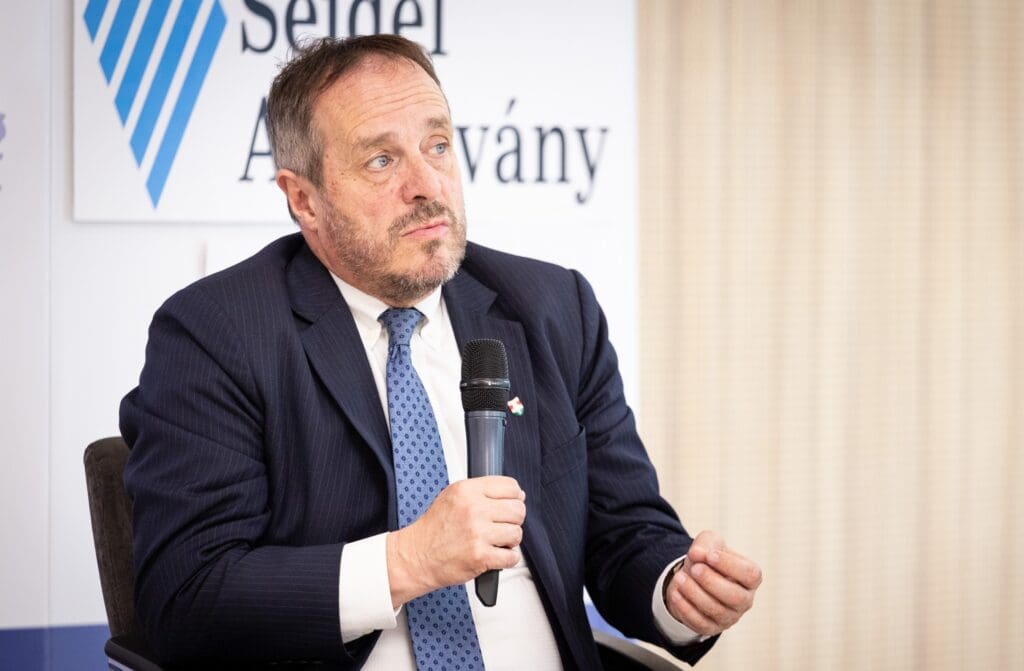
As an answer to the next question on whether there is a Central European way of thinking that distinguishes the region’s politicians from their Western counterparts, Hölvényi observed that Central Europe tends to notice and acknowledge certain phenomena earlier. Nonetheless, finding solutions to these challenges can only be achieved collectively, as there is no alternative. Engaging in dialogue reveals the realisation that one is not at the centre of creation, he ironically remarked. With some criticism toward the European Union institutions, he also referred to Hungary’s EU membership as a tremendous opportunity, emphasising the need for the ‘actualization’ of borders for the Hungarian people. He stated that Viktor Orbán was right in emphasising that without the protection of external Schengen borders, there would be problems within the borders as well. The Christian Democratic MEP criticised the transformation of the originally military-security border issue into a partisan political matter.
Loránt Vincze stressed that Transylvanians never questioned their sense of belonging to Europe. They even had a somewhat utopian belief that EU accession would bring paradise on Earth. However, as they drew closer to the Union, they began to see shades of complexity. The Hungarian Transylvanian community experienced disappointment in EU membership, especially when their high expectations were not met. One reason for disappointment is that despite fulfilling the requirements for Schengen membership twelve years ago, Romania still faces obstacles in entering the agreement, and a solution to this challenge remains uncertain.
Vincze also noted that next year, Romania will witness a ‘super year’ of elections, where
the European Parliamentary vote will be the initial test.
Putting the elections into perspective, he explained that the Hungarian population in Transylvania currently accounts for 6 per cent of the country’s total population, while the entry threshold is 5 per cent. He added that over the past years, Hungarian Transylvanians’ trust in the EU has declined by 30 per cent. Additionally, right-wing extremist forces have gained traction in the country, with their potential share in the elections reaching 25 per cent.
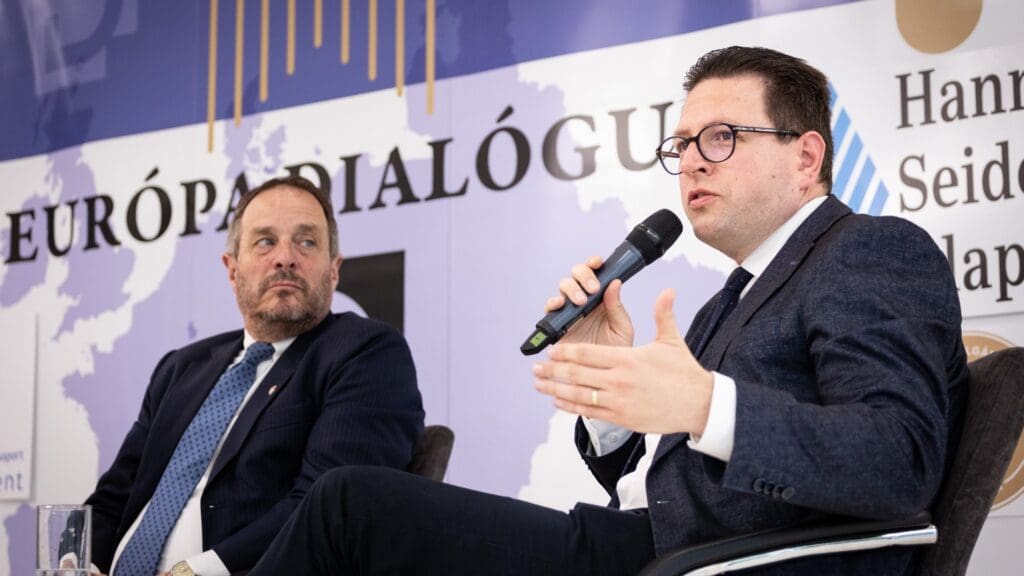
Vincze also highlighted the need for reform within the Schengen zone itself. Currently, the zone’s functionality is flawed, as border controls have been reintroduced in various regions, not limited to Burgenland or Bavaria but also at borders between Denmark and Germany or Spain and France. Consequently, the Schengen Area continues to separate minority communities from each other.
Loránt Vincze argued that Central Europe possesses a distinct sensitivity shaped by the unique experiences its peoples have undergone in recent decades, something Western Europeans have not encountered. Consequently, many things that are taken for granted by Western Europeans are seen as opportunities for change by those in Central Europe. However, despite this flexibility and adaptability, Central European cooperation remains an unexplored potential. The struggle lies in finding common ground, primarily due to economic motivations that hinder the collaboration of states.
Christian Sagartz examined how the absence of borders has become natural for younger generations, contrasting with the older generation’s anxiety. He also highlighted the absence of unified cooperation in Central Europe, suggesting that the reason may be that these countries have some conflicting interests. Using Austria as an interesting example, Mr Sagartz noted that Vienna has sought partnerships with Malta and Cyprus, as it has limited common interests with those nations. In fact, cooperation between countries that have conflicting interests often lead to challenges in working together and developing conflict-free projects.
As far as the perception of the EU in Austria is concerned, he said the relationship between Austria and Europe is often depicted negatively in press statements, creating the impression that Brussels had catastrophic intentions, which Austrian politicians managed to prevent. Therefore, in order to prevent such a portrayal of affairs, it is crucial for representatives of the European People’s Party to collectively support at least three projects or goals that can be advocated for both in Europe and their respective home countries before the elections.

